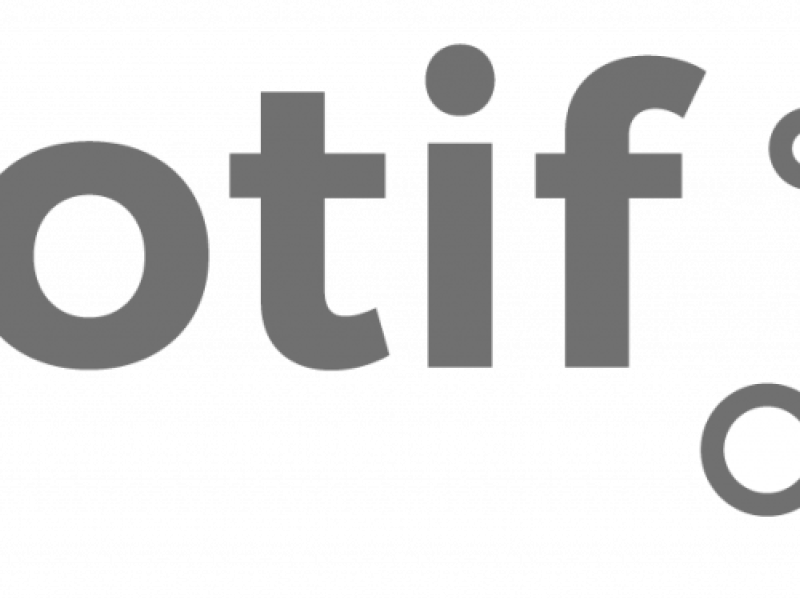The energy transition towards sustainable and renewable sources gives rise to higher and more complex requirements for the expansion planning of district heating systems. In particular, the technologies to be investigated are being diversified and scaled down, as the trend is moving away from large-scale power plants towards innovative combinations of regenerative and partly decentralized technologies. As a result, the number of decision options significantly increases, which in turn considerably increases the complexity and effort in the portfolio optimization, as well as that of the subsequent analysis/plausibility and reporting. Additionally, the cost optimum no longer exclusively depicts the quantified management magnitude of the target portfolio; the CO2 emissions and the primary energy factor are increasingly gaining considerable weight. The portfolio planning team at Vattenfall Wärme Berlin AG (VWB) relies on highly developed computer-aided tools (e.g. BoFiT, Excel) in order to assess a specific product portfolio as well as to plan the future generation technologies and the combination thereof. The functionality of these tools remains, however, limited. On the one hand, current implementations are not able to evaluate a given product portfolio across the entire planning horizon until 2050, due to the high level of granularity in time and details with which the optimization problems for plant use have to be solved. On the other hand, the so-far considered objective function only represents the operational costs, with no evaluation of the CO2 emissions nor the primary energy factor. A rolling-horizon approach is often used in practice, where problems with shorter planning horizons are repeatedly optimized. Nevertheless, this approach is still considered as a restricted expansion planning tool, due to the absence of a holistic planning that takes into account the entire horizon.
This joint project “Ganzheitliche und Multikriterielle Optimierung zur Ausbauplanung für Nachhaltige Fernwärmesysteme” (MOTIF) aims at investigating innovative mathematical methods for the expansion planning of sustainable district heating networks as well as putting these methods to the test based on real-world scenarios. The objective is to expand the functionality of the computer-aided optimization tool (BoFiT) that is used at Vattenfall Wärme Berlin AG for optimizing the power plant deployment in complex district heating systems. The extension should make an analysis possible over an economically relevant overall horizon (25 years) as well as multiple (economic-environmental) objective functions. District heating network operators would eventually be able to independently compare a large number of solution variants and to find the economically/environmentally optimal system of plants.
